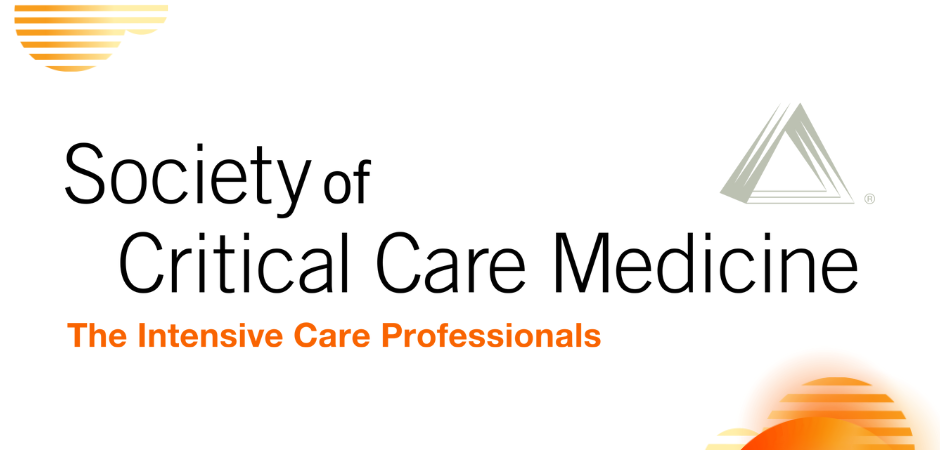Nearly 5000 U.S. intensive care unit (ICU) clinicians say that their ICUs are not prepared for the potential onslaught of COVID-19 patients. According to the Society of Critical Care Medicine's (SCCM) ICU Readiness Assessment, their specific concerns range from shortages of supplies and staff, patient surge and overcrowding, and personal protective equipment.
Nearly 5000 U.S. intensive care unit (ICU) clinicians say that their ICUs are not prepared for the potential onslaught of COVID-19 patients. According to the Society of Critical Care Medicine’s (SCCM) ICU Readiness Assessment Report, their specific concerns range from shortages of supplies and staff, patient surge and overcrowding, and personal protective equipment.
Nearly all surveyed said that, while their hospitals had done some planning, they still had significant concerns about caring for COVID-19 patients—from lack of training and overcrowding to a shortage of staff and supplies—and two-thirds say their facilities are not well-prepared.
The web-based survey, conducted from March 18 to 25, 2020, was distributed to members of the American Association of Critical-Care Nurses (AACN), American College of Chest Physicians (CHEST), American Thoracic Society (ATS), American Association for Respiratory Care (AARC), and SCCM. Collectively these organizations make up the Critical Care Societies Collaborative and represent more than 150,000 critical care providers including physicians, nurses, respiratory therapists, pharmacists, and other clinicians working in ICU settings.
Key findings:
- 99% reported concerns related to caring for COVID-19 patients. Specific concerns expressed included:
- 82% – ICU resource shortages, including supplies medications and beds
- 61% – patient surge and overcrowding
- 58% – ICU staffing shortages
- 94% anticipate PPE shortage
- 64% say their ICU facility and team are not well prepared
- Only 30% said their ICU is equipped with a telemedicine system that could be used to manage these patients
- 52% have cared for a COVID-19 patient (presumed or confirmed)
Most respondents reported their hospitals have done some planning.
- 97% say some efforts have been made to prepare, including:
- 72% – providing updates to staff
- 70% – designating specific isolation rooms
- 82.9% said their hospital was working to add critical care capacity, including:
- 73% – canceling elective surgeries to free up ICU beds
- 48% – preparing in-hospital, non-ICU space
- 18% – had no plans in place to add critical care capacity
There are differences in the numbers of patients cared for and levels of preparation, depending on location:
- Academic hospitals are better prepared than community hospitals (72% vs. 58%)
- Nearly three-quarters (72.7%) of ICU clinicians in metropolitan areas have cared for a presumed or confirmed COVID-19 patient compared to 22.9% in micropolitan areas (between 10,000 and 50,000 people) and only 4% in rural settings.
The results of the ICU Readiness assessment will inform SCCM’s future response efforts and will be shared with government agencies to determine what is needed on the front lines.
